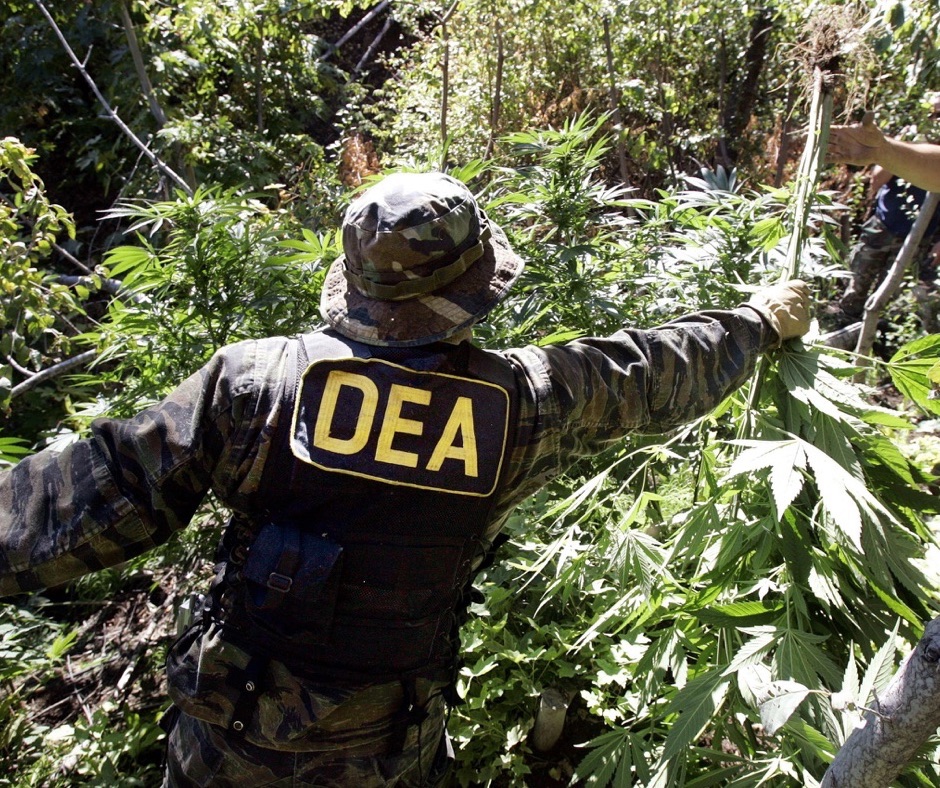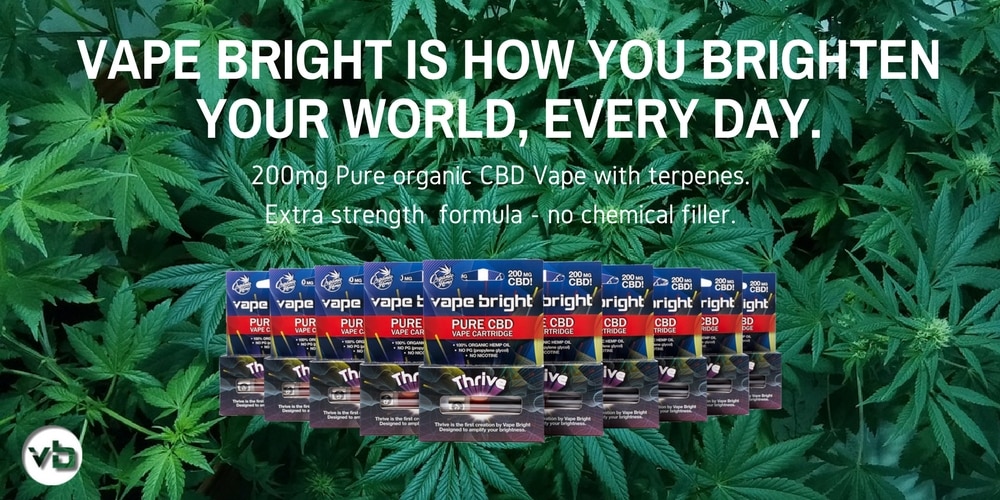Everything You Need To Know About The DEA Ban On CBD

Why did the DEA ban CBD?
Where do we draw the line between a drug and a natural healing plant? This has been the issue around cannabis for a long. Traditionally used as a “sacred plant” and healing aid for thousands of years around the globe (some calling it the famous “Soma” from the Vedic scriptures, used in sacred ceremonies and for accelerating spiritual enlightenment). Is was also used for producing fabrics, nutritious food and numerous other uses. Now, hemp is up to review for its legal status in USA once again.
Basically, there are two kinds of oils made from mature cannabis plants – THC and CBD predominant oils. This means that the respective oil is dominant in either THC alkaloids either CBD alkaloids.
This is where the debate grows and the legality issue is disputed.
THC is the substance responsible for getting people “high”, along with other physical and psychological side effects (out of which none are associated with antisocial or destructive behavior). CBD, on the other hand, is the “less spiritual” version of THC in the fact that it doesn’t get you high but it provides all the other health benefits.
Basically, you can say that CBD should be perfectly safe to use – especially since it has been proven to be very effective in treating a myriad of chronic health issues which are plaguing our society, such as psychiatric disorders, autoimmune disorders, cancer and so on.
Well, the DEA would argue otherwise. That’s why they banned CBD oil in the beginning of December 2016, although this measure is not effective yet – still open to some debate.
The DEA’s argument is that CBD oil still contains trace amounts of THC oil, which makes it a Schedule I drug as THC itself (putting it in the same category as heroin and LSD). This in itself is a very bold and poorly scientific argument, since “marijuana” (as the DEA calls it) is very different in its effects (both physical and psychological) from other Schedule I drugs, which are much more “heavy” and downright dangerous.
That’s why the DEA consider that it is entitled to regulate CBD oil and make it illegal – although even if trace amounts of THC would be discovered in those concoctions (which is very unlikely since they all have to pass a great amount of testing and quality assurance) they would not be present in enough quantity to elicit a biological response. In other words, even if the DEA were right, those products would still not act as mind-altering drugs like they think they would.
Due to the fact that THC is illegal, it is quite easy for the DEA to propose such as measure because CBD can be made illegal easily since it is in the same category as THC (even more so, coming from the same plant). However, as you could learn earlier, their effects are very different.
In a similar fashion, in August 2016, the DEA also threatened to ban kratom, a popular natural treatment for both chronic pain and the withdrawal symptoms caused by addiction to opioid painkillers. Their efforts were halted and they stopped the process due to a wave of popular protest – which shows that the American public still has power and reason to decide for its own well being.
Besides the obvious biological arguments which can be given for allowing CBD oil to be legal, one might wonder about the more philosophical implications of the DEA’s power to regulate these substances. Of course, we need dangerous drugs to be banned and off the streets, but what about thousands of people who swear by CBD oil (as well as kratom and other healing plants) for helping them cure their cancer, anxiety, depression, irritable bowel syndrome, insomnia and a myriad of other health issues?
Is it normal to accept such overstepping of boundaries which can have tremendous negative implications on people’s health? Also, if these same people broke the law and procured CBD oil from illegal sources, should they be prosecuted for breaking the law to heal their diseases and accede to a better physical and psychological well being?
These are not easy questions to ask, neither to answer. However, when we look at the biological composition of CBD oil, you can clearly see that there is no risk of “getting high” or being negatively impacted by this “drug”, as the DEA calls it.
With more and more states allowing for such products to be used for health reasons, there might be hope for embracing these natural products for greater health and wellbeing.


It should not be banned. It should be used in a limited amount.